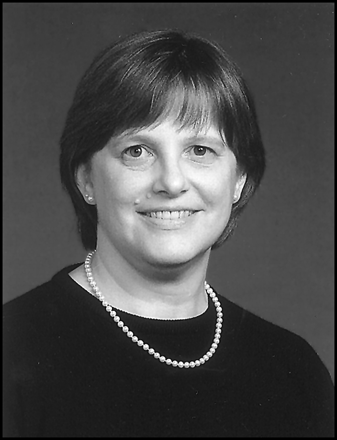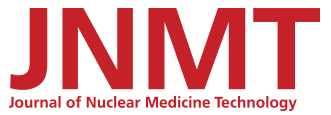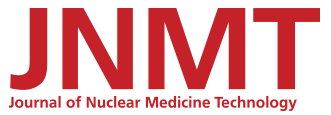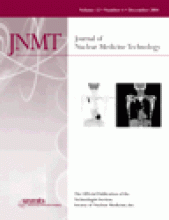
I have been writing this editorial for the past 4 years, and I have covered many topics. I have implored people to submit papers, suggested that we all help those less fortunate, and thanked those who have been so helpful to me. (There are a lot of people in the later group; I could include them in every editorial.) Sometimes I’m inspired, other times I struggle. That’s how writing goes.
So, you ask, what is the topic of today’s editorial? Ah, the struggle to write, of course. The onerous task of sitting down and doing something that you need to do but don’t really want to do. The struggle to come up with complete sentences. We all face it—or flee from it. There is the book chapter that was due in September, the 4 acceptance test reports, and oh yes, that paper on using standard input functions for quantitative brain imaging that has been sitting in a bottom desk drawer for a such a long time. I find all sorts of reasons to avoid projects involving putting one sentence after another. Other things seem so much more interesting—like moving my office, a task that has been going on for weeks. People say that my office looks so much better. My boss says the fire marshal would be pleased. I have really only split everything between 2 offices, halving the clutter. But the point is, moving, which isn’t usually at the top of anyone’s list of favorite activities, still beats writing.
At home, when I am supposed to be working on things for the JNMT, I can be equally inventive. This editorial is due, but I decide that maybe I should assign reviewers for those papers that were just submitted. Can’t let those sit. And then there are the papers that have been reviewed and need a decision. Can’t let those sit either. And what about the papers that have been revised and resubmitted? Really, there is just never any time!
I was talking to a friend about this problem. He is a junior in college. I have known him for all of his 21 years. Over the years I have helped him get organized for school projects, study for finals, etc. We were discussing his college classes, and I was telling him how impressed I am with his level of organization and his ability to get things done. I was lamenting that I was having a lot of trouble staying on task lately. And you know what he said? He said, “You know, there’s a trick when you have to do something you don’t really want to do. Don’t think about finishing it. Just get started. Then let one thing lead to another, and you’ll kind of get into it. Once you’re into it, just don’t let yourself get distracted, and pretty soon, it’ll be done.”
I had heard those words before.
By now you must be wondering what does this have to do with you, the JNMT, and the SNMTS? Well, since it’s December, in a few short weeks we will hit the submission deadline for annual meeting abstracts. Like this editorial, abstracts are not that long, but submitting an abstract means that you have to sit down and just do it. If you aren’t in an academic environment, it may mean that you will have to pull together an idea for sharing information with your colleagues. Look around you. You have probably learned things in clinical practice that others could use. All you have to do is sit down at the computer and write the abstract. Two hundred words that are categorized into the standard parts of a scientific presentation: introduction, methods, results, and conclusion. You don’t even have to discuss why you got the results you did. Just those 4 little sections that explain why you did the project, how you did the project, what your results were, and what those results mean.
The success of our annual meeting depends on the participation of the membership, and that includes the sharing of scientific papers as well as attending. The benefits of submitting a paper go far beyond the personal benefit of getting your work accepted and maybe getting your institution to kick in some travel funds. Although I must say, Toronto in June is a very nice place to be. Remember, there will be many other technologists and physicians that will benefit from your efforts. Continued progress in our field cannot occur without professionals who are willing to share their scientific ideas and experiences. We all know that there is some pain involved in sitting down in front of the computer and getting that abstract written. It goes with the territory. Now get going.







